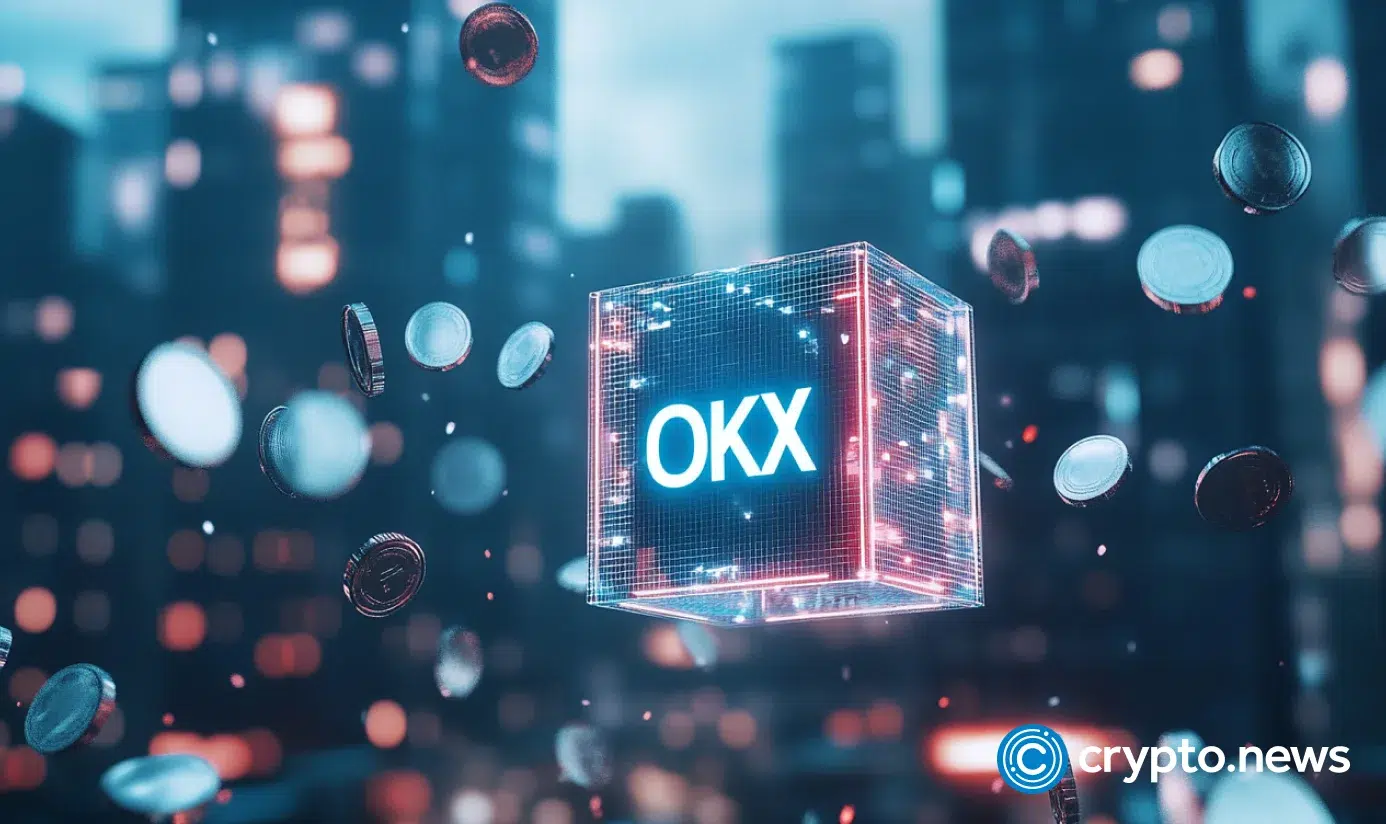Korean tokenized assets firm partners with Polygon Labs

The Korean company Mirae Asset Securities has closed a partnership with Polygon Labs, focusing on the growth of tokenized securities networks.
Under the partnership, Polygon Labs will work as a Mirae Asset Security Token Working Group consultant.
Both companies will put joint efforts into constructing the infrastructure for tokenized securities platforms.
The partnership’s main aim will be establishing both companies as asset tokenization leaders worldwide.
Polygon, formerly Matic Network, was founded in 2017 by Jaynti Kanani, Mihailo Bjelic, Anurag Arjun, and Sandeep Nailwal. The project initially aimed to address the scalability issues of the Ethereum (ETH) network.
However, in February 2021, the framework was rebranded as Polygon with an expanded goal of supporting the creation and connection of Ethereum-compliant blockchains. Polygon’s main objective is to reduce transaction fees and significantly increase transaction speed on the Ethereum network.
By providing a layer-2 scaling solution, Polygon aims to enhance the overall user experience and make decentralized applications (dapps) more accessible and efficient
What is asset tokenization?
Asset tokenization converts physical or financial assets into digital tokens that can be traded on a blockchain network. This concept has gained attention recently due to its potential to change how assets are managed and transacted.
The primary purpose of asset tokenization is to enhance liquidity and accessibility. Assets represented as tokens on a blockchain can be easily bought, sold, and traded globally, eliminating the need for intermediaries and reducing transaction costs.
One of the advantages of asset tokenization is the transparency and security. Each token represents a specific fraction or ownership stake in the underlying asset, and all transactions related to the tokens are recorded on the blockchain, creating an immutable and auditable ledger. This transparency reduces the risk of fraud.
Moreover, asset tokenization enables fractional ownership, allowing investors to own high-value assets previously out of reach. For example, real estate properties or works of art can be divided into smaller tokens, making it possible for many investors to participate in the asset’s potential appreciation.




